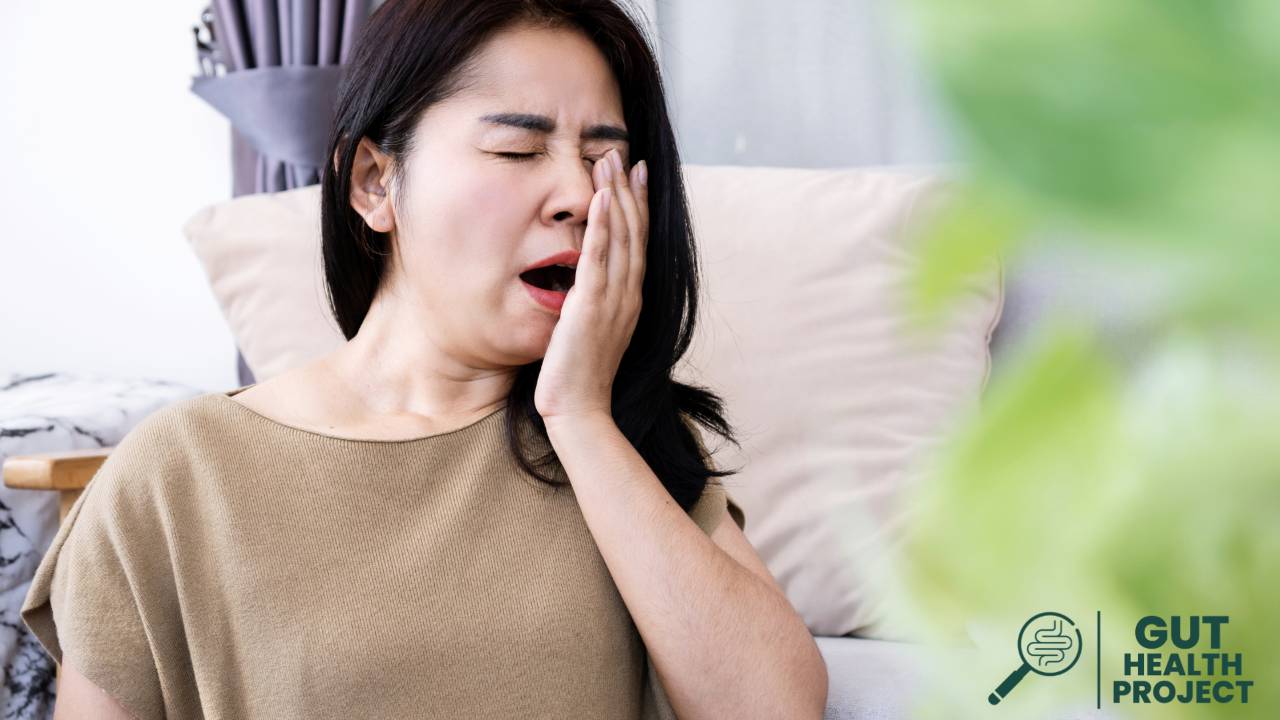The Hidden Link Between SIBO and Fatigue: What Your Gut Might Be Telling You
Apr 23, 2025
If you're grappling with relentless fatigue that defies explanation, it's time to consider an often-overlooked culprit: your gut health. Specifically, Small Intestinal Bacterial Overgrowth (SIBO) may be playing a significant role in your energy levels.
Understanding SIBO
SIBO occurs when there's an abnormal increase in the number of bacteria in the small intestine. This overgrowth can disrupt normal digestion and lead to a range of symptoms, including bloating, gas, diarrhea, and abdominal pain. However, the impact of SIBO isn't confined to the digestive system; it can have far-reaching effects throughout the body, including persistent fatigue.
How SIBO Contributes to Fatigue
Several mechanisms explain how SIBO can lead to chronic tiredness:
-
Nutrient Malabsorption: The excess bacteria in SIBO can interfere with the absorption of essential nutrients like vitamin B12, iron, and magnesium—all crucial for energy production. Deficiencies in these nutrients can result in feelings of exhaustion and weakness.
-
Systemic Inflammation: The bacterial overgrowth can produce toxins that may enter the bloodstream, triggering widespread inflammation. This systemic inflammation can affect various tissues and organs, leading to fatigue and other symptoms.
-
Disrupted Gut-Brain Axis: The gut and brain communicate through a complex network known as the gut-brain axis. An imbalance in gut bacteria can disrupt this communication, potentially leading to symptoms like fatigue, brain fog, and mood disturbances.
Recognizing the Signs
If you're experiencing fatigue alongside digestive issues such as bloating, irregular bowel movements, or abdominal discomfort, SIBO could be a contributing factor. It's essential to consider the whole-body picture rather than treating fatigue in isolation.
Taking Action
Addressing SIBO involves a comprehensive approach:
-
Diagnosis: Consult with a healthcare provider to undergo appropriate testing, such as breath tests, to confirm the presence of SIBO.
-
Treatment: Depending on the severity, treatment may include antibiotics, herbal antimicrobials, dietary changes, and probiotics to restore a healthy balance of gut bacteria.
-
Nutritional Support: Ensuring adequate intake of essential nutrients through diet or supplementation can help mitigate fatigue associated with deficiencies.
-
Lifestyle Modifications: Incorporating stress management techniques, regular physical activity, and adequate sleep can support overall gut health and energy levels.
Conclusion
Fatigue can be a complex and multifaceted issue, but understanding the potential role of gut health, particularly SIBO, opens new avenues for relief. By addressing the root causes within the digestive system, many individuals find significant improvements in energy levels and overall well-being.
If you suspect that SIBO may be contributing to your fatigue, consult with a healthcare professional to explore diagnostic and treatment options tailored to your needs.


